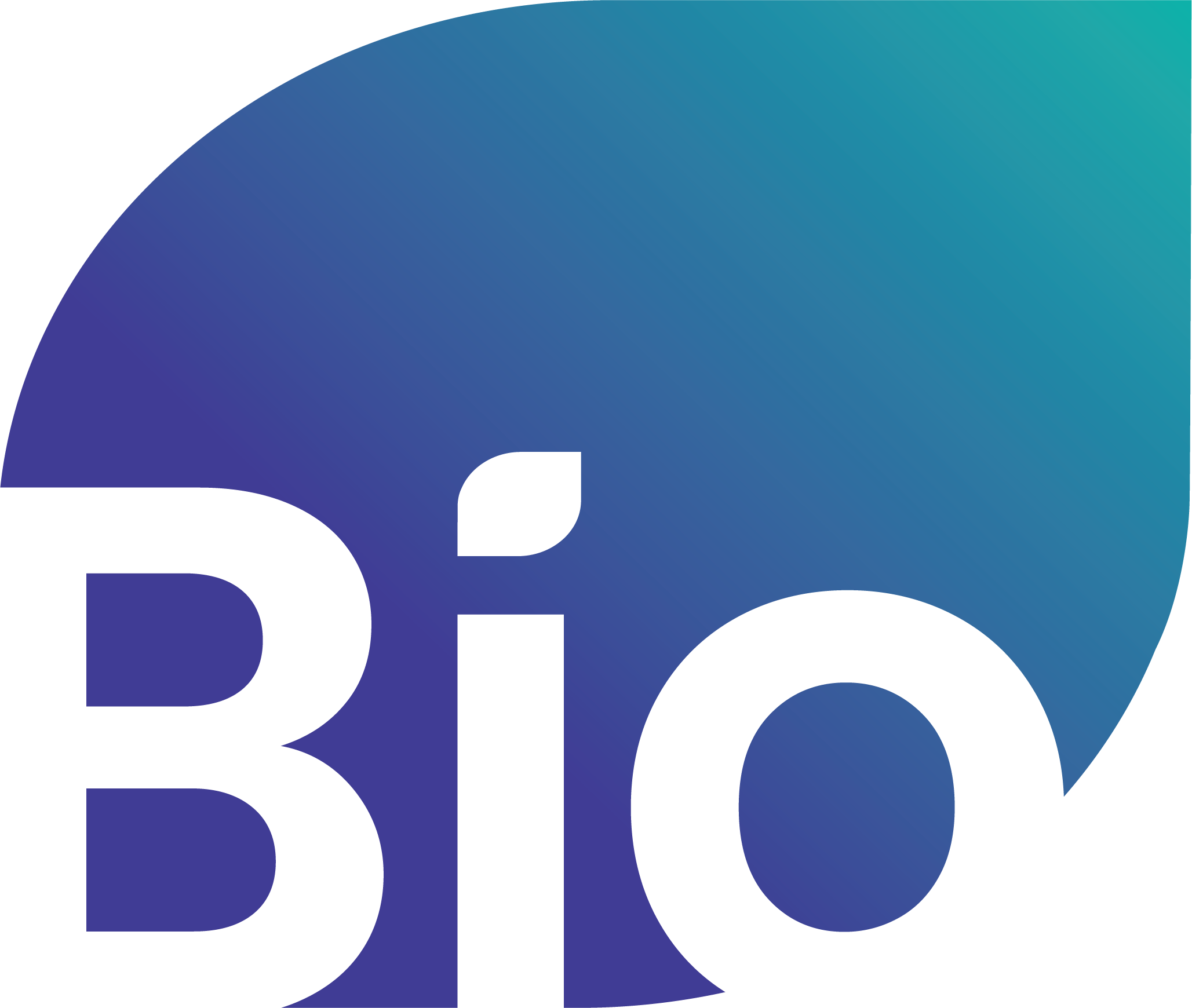
An official website of the Biotechnology Innovation Organization
The FDA has authorized booster shots of the Pfizer-BioNTech, Moderna, and Johnson & Johnson vaccines for tens of millions of people who've already completed their primary vaccination series.
Nothing has changed in the chemical formulas of each booster, compared to their regular shot. The side effects are extremely similar to the ones most people previously experienced.
The FDA has further approved a heterologous – i.e. “mix and match” – approach for all vaccines. According to their website, “Following a presentation of clinical trial data […] the FDA has determined that the known and potential benefits of the use of a single heterologous booster dose outweigh the known and potential risks of their use in eligible populations. Learn more here.
The dosing size for Pfizer-BioNTech and Johnson & Johnson booster shots remains the same. The Moderna booster shot is half of the dose that is administered for a primary series.
All the authorized Covid-19 vaccines work by teaching the body's immune system to create "antibodies" -- special disease-fighting proteins that can recognize and quickly kill the virus that causes Covid-19 before people fall ill.
During last year's clinical trials, the Pfizer, Moderna, and Johnson & Johnson vaccines spurred most patients' immune systems to create lots of antibodies. That's why the shots proved highly effective at preventing moderate and severe disease from the original strains of Covid-19.
But scientists have since discovered that some vaccinated people's antibody levels -- such as older adults and those with certain medical conditions -- fade over time. That can leave them vulnerable to "breakthrough" infections, especially from the highly transmissible Delta variant. Thankfully, these breakthrough cases tend to be relatively mild in most -- but not all -- cases.
The booster shots essentially "top up" people's antibody levels six months after their second doses -- and increase their level of protection against the virus. For those who received the J&J one-dose vaccine they need this “top-up” at least 2 months after their initial shot.
For more information on who is eligible for a booster shot, visit here.

